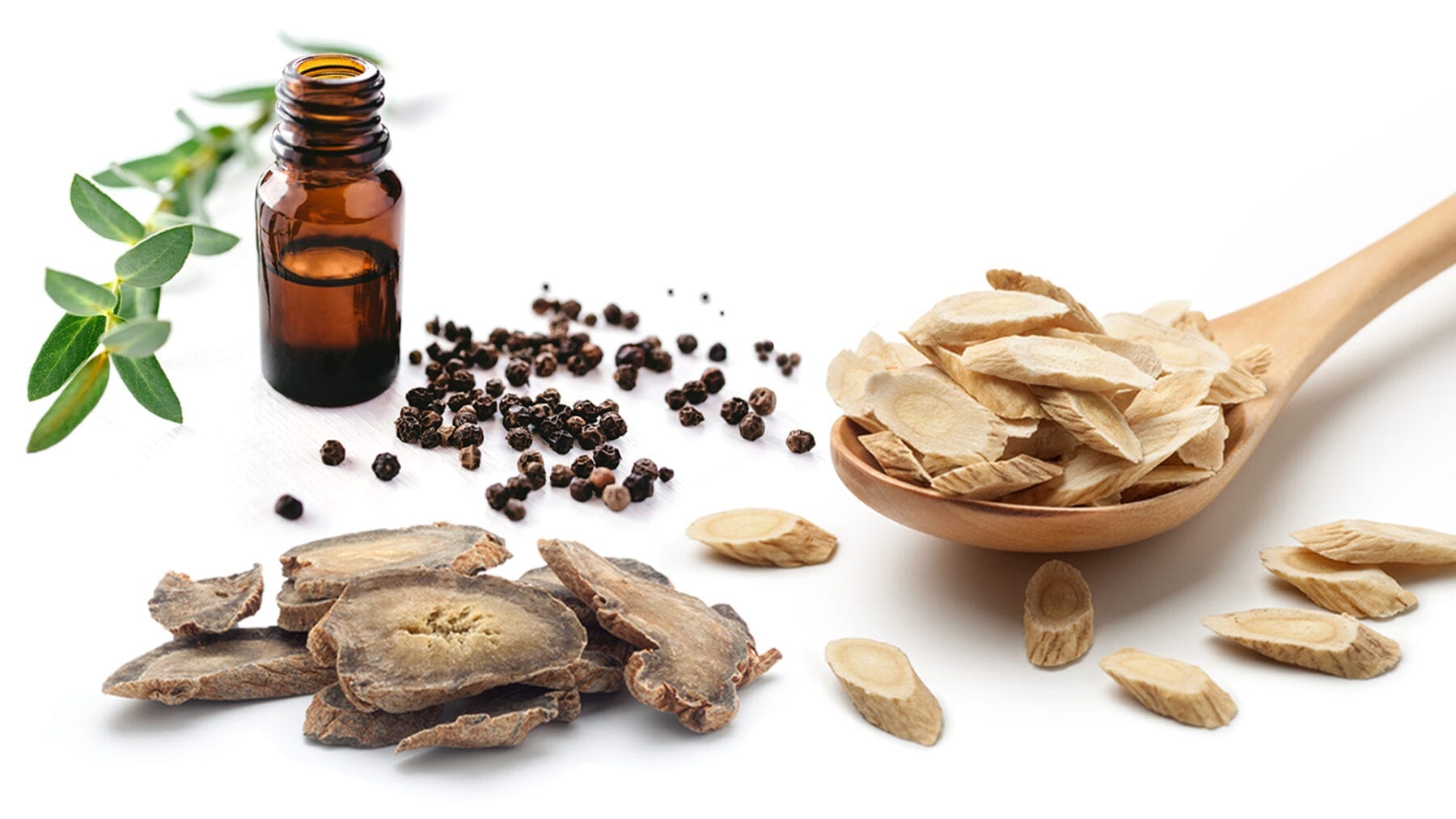
Written by Dr. Hamad Shafqat
Medical Officer (MO)
August 30, 2020
CATEGORIES
View All
BioWOW Foods® Safety/Quality
Full-Body Workouts
Healthy Eating
Joint Health
Self-Care Strategies
Supplements Guide
Featured Videos
Immune Health Today
With the recent advent of the global pandemic, the perceptive on immunity among masses took a major shift. People are a lot more concerned about maintaining an optimal immune system and staying healthy, as it can benefit your body and help strengthen your defenses against bacteria, viruses, and other harmful pathogens.
5 Major Ways To Optimize Your Immune System And Stay Healthy:
1. Get Proper Sleep
Immunity and sleep go hand in hand. Many people might not anticipate that poor quality and inadequate sleep are associated with higher susceptibility to sickness.
A study was conducted in 165 healthy individuals to find a link between sleep and natural immunity. Those subjects who slept less than 6 hours every night were more likely to catch a cold than others [1].
Proper rest and adequate sleep crucial for naturally strengthening your immune system. You might sleep more than usual while you are ill to enable your body to better fight the diseases [2].
The recommended sleep duration for teens is 8-10 hours, while infants should sleep for up to 14 hours. And the adults should try and get seven or more hours of quality sleep at night [3].
2. Stay On Top Of Stress
Managing your anxiety and stress levels are critical in maintaining a healthy immune system.
Chronic stress and prolonged anxiety increase inflammation in your body. It hinders the normal immune cell function and lowers the overall immune responses of your body [4], [5].
In addition, long-term psychological stress in children can significantly suppress the immune system [6].
You might look into yoga, meditation, and journaling as a way to manage your stress.
3. Moderate Exercise Sessions
Prolonged and aggressive exercise can temporarily suppress your immunity, but moderate activity can help you boost your immune system.
Research indicates that moderate exercise can actually enhance the effectiveness of vaccines in immunocompromised people [7].
Moreover, regular and moderate exercise sessions can help in reducing inflammation in your body and aid in immune cell regeneration [7].
Some examples of moderate exercise include steady bicycling, brisk walking, jogging, and light hiking.
4. Drink Plenty of Water
Even though staying hydrated does not necessarily protect you from viruses and bacteria, but it plays a key role in your overall health.
You may suffer from headaches if you are dehydrated. Your digestive system, heart, and kidney functioning are adversely affected by low levels of body fluids. These conditions can indirectly lead to a higher risk of disease-susceptibility [8].
Even if you are not exercising or sweating, your body is continuously losing water through breathing, bowel movements, and urine. To avoid dehydration, be sure to drink plenty of water to replace all the water that is lost from your body.
5. Quit Smoking
Smoking is not only bad for your overall health, but also adversely impact your immune function [9].
The chemicals in cigarettes are popularly known to damage your lungs and significantly increase the risk of cancer. They may also cause respiratory diseases like pneumonia, bronchitis, and flu.
If you aim to improve your immune health, take steps to get rid of this habit. You can use smoking cessation aids like nicotine gum or nicotine patches.
The Bottom Line
The immune system is a very complex part of your body. To function well, it requires an intricate balance and harmony. A healthy immune system is crucial for overall health and well-being. So, taking adequate steps to ensure optimal immune functioning should be your top priority and focus.
—
References:
1.) Prather, A. A., Janicki-Deverts, D., Hall, M. H., & Cohen, S. (2015). Behaviorally Assessed Sleep and Susceptibility to the Common Cold. Sleep, 38(9), 1353–1359. https://doi.org/10.5665/sleep.4968
2.) Besedovsky, L., Lange, T., & Haack, M. (2019). The Sleep-Immune Crosstalk in Health and Disease. Physiological reviews, 99(3), 1325–1380. https://doi.org/10.1152/physrev.00010.2018
3.) Sleep and Sleep Disorders. CDC. Retrieved from: https://www.cdc.gov/sleep/features/getting-enough-sleep.html
4.) Dhabhar F. S. (2014). Effects of stress on immune function: the good, the bad, and the beautiful. Immunologic research, 58(2-3), 193–210. https://doi.org/10.1007/s12026-014-8517-0
5.) Cohen, S., Janicki-Deverts, D., Doyle, W. J., Miller, G. E., Frank, E., Rabin, B. S., & Turner, R. B. (2012). Chronic stress, glucocorticoid receptor resistance, inflammation, and disease risk. Proceedings of the National Academy of Sciences of the United States of America, 109(16), 5995–5999. https://doi.org/10.1073/pnas.1118355109
6.) Carlsson, E., Frostell, A., Ludvigsson, J., & Faresjö, M. (2014). Psychological stress in children may alter the immune response. Journal of immunology (Baltimore, Md. : 1950), 192(5), 2071–2081. https://doi.org/10.4049/jimmunol.1301713
7.) Simpson, R. J., Kunz, H., Agha, N., & Graff, R. (2015). Exercise and the Regulation of Immune Functions. Progress in molecular biology and translational science, 135, 355–380. https://doi.org/10.1016/bs.pmbts.2015.08.001
8.) Popkin, B. M., D’Anci, K. E., & Rosenberg, I. H. (2010). Water, hydration, and health. Nutrition reviews, 68(8), 439–458. https://doi.org/10.1111/j.1753-4887.2010.00304.x
9.) How to boost your immune system. Harvard Health Publishing. Retrieved from: https://www.health.harvard.edu/staying-healthy/how-to-boost-your-immune-system

Written by Dr. Callista Chinenye Emecheta
Medical Doctor (MD)



